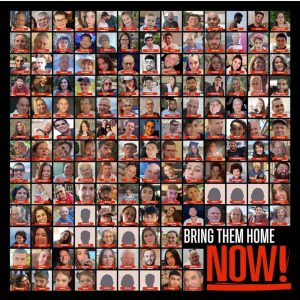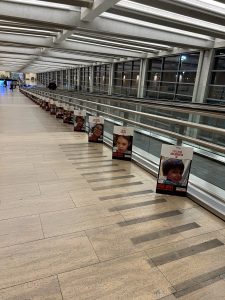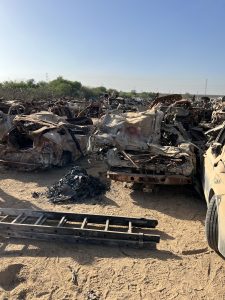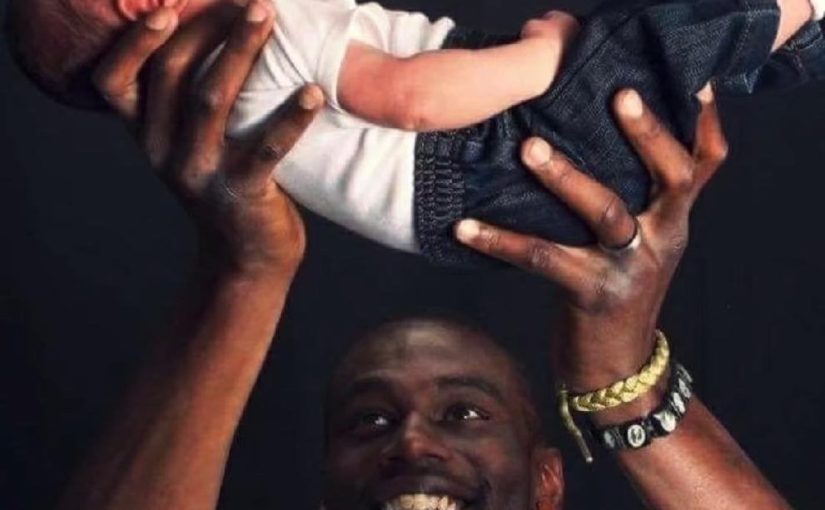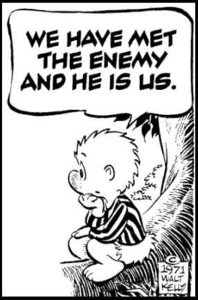The situation is fluid, and things are different from what we thought. We have come to an inflection point, and what happens next depends entirely on how boldly we are willing to consider acting.

It is relatively easy to kill people but almost impossible to kill an idea. Hamas has shown it knows no limit to the extent it will go to achieve the dual goals of killing Jews and eliminating Israel.
Israel thought it could manage the situation, lulling Hamas through what are essentially bribes and occasionally “mowing the lawn,” that obscene notion that periodically Israel engages in a military action to repress the militants. This is similar to blowing on the boiling pot of pasta to keep it from boiling over.
The pot boiled over, and the ensuing pogrom was devastating.
Furthermore, Hamas retains substantial control. The delay in releasing hostages on Day 2 of the truce showed their continued capacity to manage the situation psychologically. Equally distressing was the celebration in the West Bank because the jubilant welcome home to the released prisoners was met with Hamas flags instead of only Palestinian flags. A weak Palestinian Authority is losing control, and Hamas is ascendant.
And an uncontrolled group of Jewish right-wing extremists is engaging in violence against Palestinians that could only be understood as ethnic cleansing of the territory.
The situation is dire and requires bold action.
Strangely, a scene from The Godfather movie keeps running in my mind. As Don Corleone grieves his murdered son, he looks up and, from the depth of his pain, declares the killing has to stop. Peace is required even though vengeance courses through the blood. For us, this is that moment.
The killing must stop. Recognition by each side is required, and we must forge a way forward. Is Israel able to do this, and if so, who is courageous enough to make that declaration and commitment?
We’ve learned that ignoring the other side and building walls is not a solution. Walls cannot be high enough or thick enough to provide security. We also cannot do it alone.
Many are vested in maintaining the status quo of hostility, hatred, and turmoil. But others have a clear interest in seeing peace in the region. These nations need to join in the effort to work with Palestinians and Israelis to build trust and an infrastructure of hope. Together, we can realize a vision of dignity and security for both people who claim a right to the region. And those who envision a future for their children to live in a world without violence must be convinced we are all committed to their future. Building trust out of the rubble of destruction and pain that now exists will take time. But now is the time to start.
The killing must end, and now is the time to start on a path forward.
 Yes, the presidents of Harvard and MIT should also resign. Because it really does depend on the context.
Yes, the presidents of Harvard and MIT should also resign. Because it really does depend on the context.


